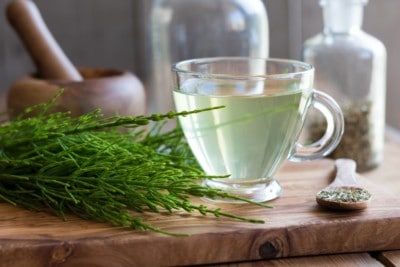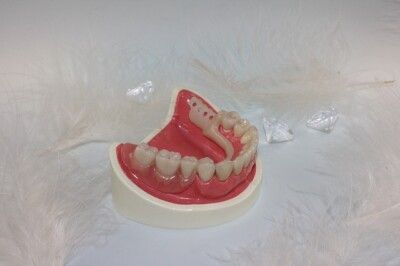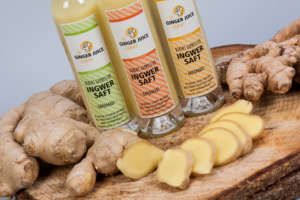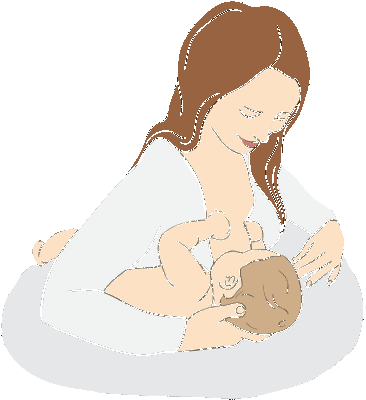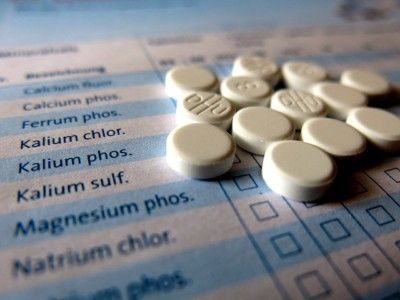Tinweed – Information and application
Due to its numerous natural ingredients, cinnamon bark can be used to treat a wide variety of ailments. It is most often used to flush the kidneys, i.e. for kidney and bladder diseases.
Tin herb in the application
The herb can be used for bleeding, gout, inflammation of the mucous membrane of the mouth, skin diseases, rheumatic complaints or chronic bronchitis and many more.
Already the Swiss priest Künzle said that all people from a certain age should drink a cup of horsetail tea every day as a permanent drink. All rheumatism, gout, and nerve pain would disappear, every person would have a healthy evening of life.
Depending on the ailment, it can be administered externally or internally. For oral use boiled into a tea, it can also be taken as an extract or drops.
Externally, it is recommended as an overlay, pressed juice or wrap placed directly on the affected skin area, as in the past eg. in malignant diseases such as tumors.
Thus, the herb is still used today for hypofunction of the kidneys, kidney grit, kidney and bladder stones in so-called Zinnkraut Sitzbädern. These were practiced in the past in every hospital.
One takes 100gr of the medicinal herb, which one puts in cold water over night, heats up the next day until boiling and adds to the bath water. The duration of the bath should not exceed 20 minutes.
In the connection do not dry and damp in the bathrobe 1 hour in the bed afterdunsten. The bath water must reach over the kidneys, but not over the heart.
At the same time tinweed tea should be drunk. One stops the urine to empty it finally under pressure. Also with intervertebral disc complaints can be tried Zinnkraut baths.
Many use horsetail extract to counteract brittle nails and for connective tissue weakness, e.g. for cellulite.
Horsetail in natural cosmetics
Also in the natural cosmetics the anti-inflammatory medicinal herb is used with pleasure. The contained silica helps with dry skin and should refine the pores. Therefore, it is often used for acne, skin inflammation, hair loss, cracked nails and eczema.
Depending on the location, the cistus has 3-16% silicic acid and is therefore a true energy supplier for skin, nails and hair.
